Reading list that mixes low deeds and high hopes
Roula Khalaf, Editor of the FT, selects her favourite stories in this weekly newsletter.
“Thou Shalt Remember That People Forget” is the first commandment from economist Alan Blinder’s After The Music Stopped, an analysis of the financial crisis and one of a few titles on this year’s business book of the year longlist that tries to cement the memory of what went wrong.
Making It Happen, Iain Martin’s soon-to-be published account of the rise and fall of Royal Bank of Scotland, Anita Raghavan’s The Billionaire’s Apprentice, about the Galleon insider trading case and its impact on the Indian-American elite, and Neil Irwin’s sweeping history of central banking, The Alchemists, also offer cautionary tales from the credit crunch.
Two of the longlisted books explicitly draw a line under the attitudes and approaches that dominated the pre-crisis business world. Moisés Naím declares The End of Power, analysing the consequence of leaders’ decaying potency across the business, economic and political spectrum. Rita Gunther McGrath, meanwhile, challenges Michael Porter’s theory that companies can secure enduring dominance in The End of Competitive Advantage.
Among the trends testing corporate strategy are: the proliferation of so-called Big Data, analysed in the book of the same name by Viktor Mayer-Schönberger and Kenneth Cukier; the fierce competitive edge of growing east Asian economies, covered by Joe Studwell in How Asia Works; and the rapid adaptability of internet-based companies such as Amazon, whose rise Brad Stone explores in The Everything Store.
Will the changes wrought by these trends mark a definitive end to cycles of damaging financial, economic and business turmoil? Almost certainly not. Blinder’s conclusion, for instance, is that “high leverage, sloppy risk management, shady business practices and lax regulation” will be back.
But, five years on from the low-point of the crisis, the longlisted books also contain the seeds of change. Sheryl Sandberg, Facebook’s chief operating officer and author of Lean In, argues that a rising generation of female executives – and their enlightened male counterparts – are challenging established business norms.
In Scarcity, Sendhil Mullainathan and Eldar Shafir contend that improved understanding of how lack of time, cognitive “bandwidth” and money affect behaviour could temper financial excess and even relieve poverty. Angus Deaton’s The Great Escape traces advances in wealth and health that offer hope of an exit from historic human inequality. Ray Fisman and Tim Sullivan, in The Org, even find grounds for optimism in the mundane functioning of offices and corporate bureaucracies, which facilitate collective achievement.
Finally, Adam Grant’s Give and Take suggests why and how a generous attitude can repay the giver, in business and life.
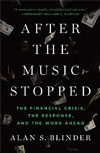

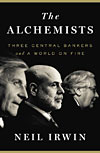
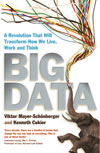
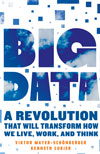
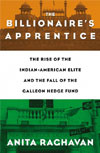
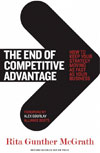
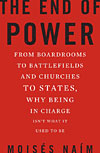
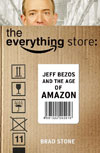
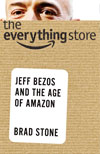
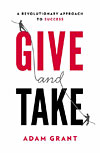
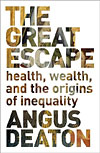
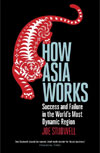
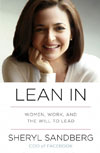
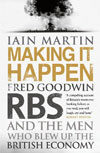
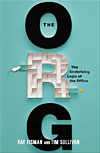
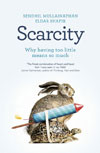
Comments